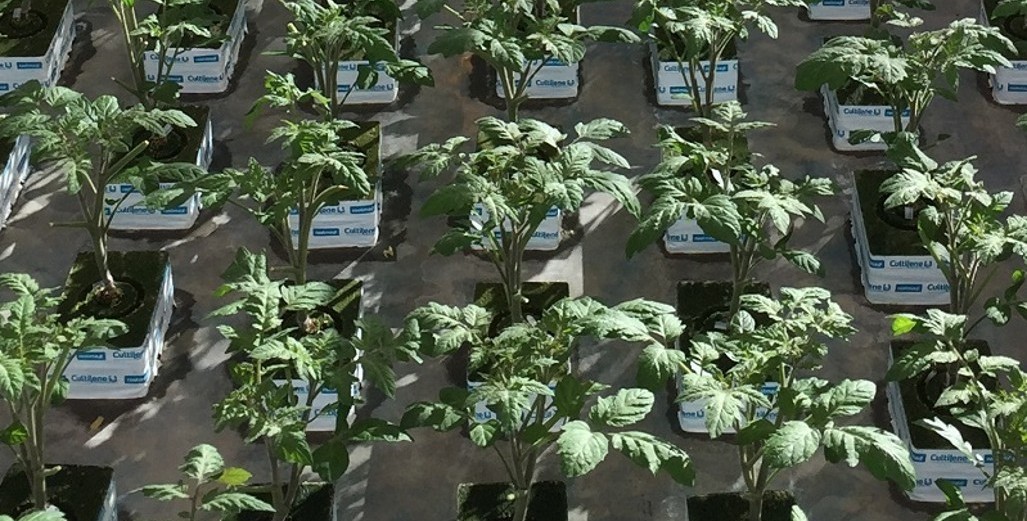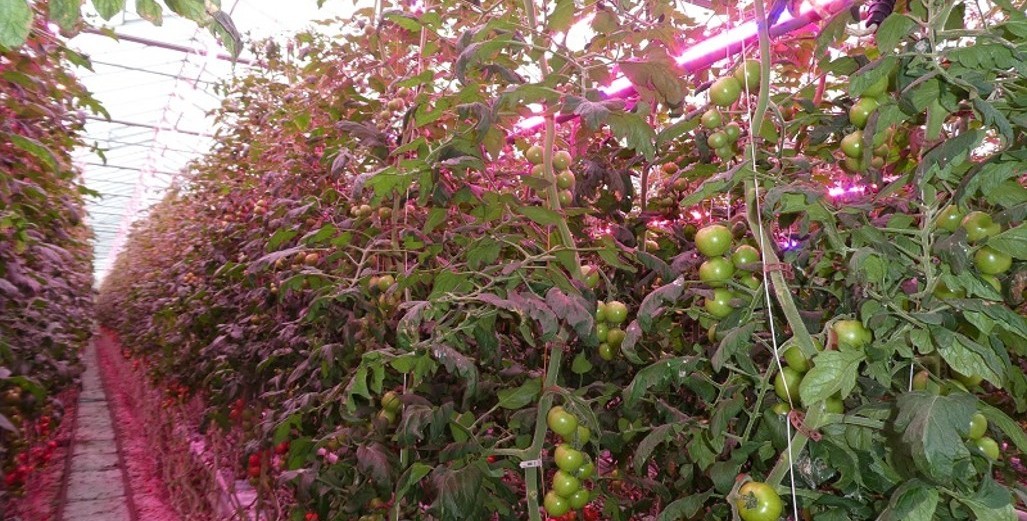Sign up here to subscribe to the Grower2grower Ezine. Every two weeks you will receive new articles, specific to the protected cropping industry, informing you of industry news and events straight to your inbox.
Mar 2018
Grafted Cucumbers
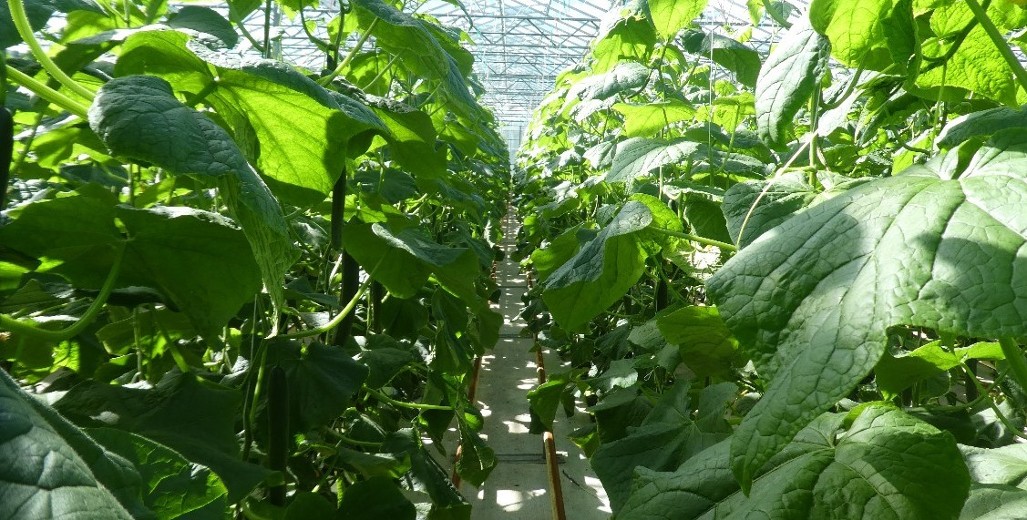
Have many cucumber growers’ thought about grafting?
There are a number of reasons so many tomato and eggplant growers use grafted plant’s, this article features a few of them. Chemical treatments for root disease are becoming less and less of an option, maximum residue levels have become tougher, and even some chemicals that were used in the past are no longer available. There are new types of biological treatments which have merit and do offer protection.
Tomatoes have been grafted for the past 15 years. It is partly due to older varieties that would struggle on their own roots and were more susceptible to disease. Even though capsicums trials have not generally benefited from grafting, as rootstocks were not increasing production enough to warrant being used, unlike the success tomato growers were having. However, I think it is just a matter of time before we see increased grafting of capsicums, as seed breeders keep improving their rootstock. It might not be about increasing production but simply the need for using less chemicals, especially if they are not available.
Cucumber growers face the same issue as the capsicum, tomato and eggplant growers. Generally, one difference cucumber growers have is a short 4 month turn around between crops. Now some growers are layering cucumber plants their potential longevity is starting to increase. Cucumbers are a fast-growing plant, they’re what I call a ‘soft plant’, they are also very prone to root diseases, they grow so fast that the smallest error from the grower causing stress on the plant invariably means trouble.
Watermelon plants have been grafted with varying success in New Zealand but in my view, the success has been partially because of the grower. The growers who have adapted quickly and learnt the different techniques needed to grow grafted melon plants are very successful and year on year use grafted plants. Some outdoor growers do not use grafted plants because they can get virgin soil which will not have the same nematode and disease levels as used ground.
Trials have been carried out using grafted cucumbers with varying success in greenhouse trials. I did oversee a trial that went remarkably well but as it was not on its own irrigation valve the plants full potential was not reached. The plants had more vigour and could have been grown for a further two months compared to a non-grafted crop they grew alongside. Increased transpiration meant they needed more irrigation than non-grafted plants. It proved to me the potential of grafted cucumber plants. There is still a lot to learn about matching up the correct rootstock with the scion. New cucumber varieties now have stronger root systems and crops are performing well so growers could tend to put this in the ‘not necessary basket’ but it is something to ponder.
It would be great to get the views on this from cucumber growers.
I appreciate your comments. Please feel free to comment below or on the grower2grower Facebook page:
CLASSIFIED
Subscribe to our E-Zine
More
From This Category
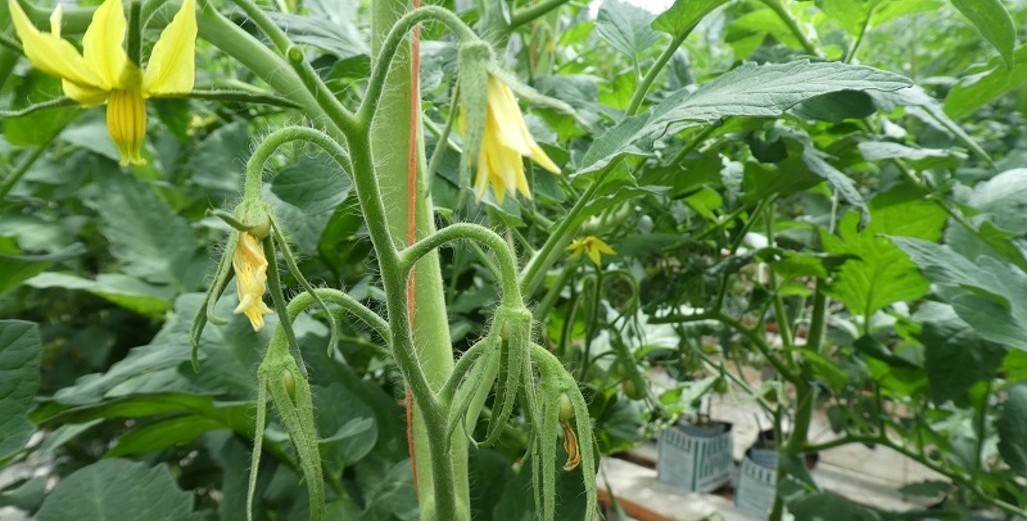
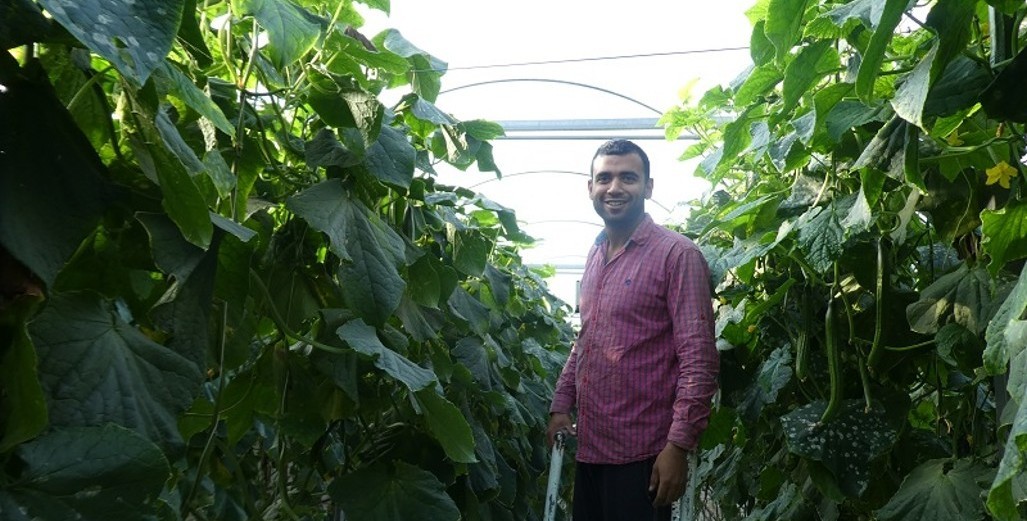
Managing Labour During the Christmas holiday break
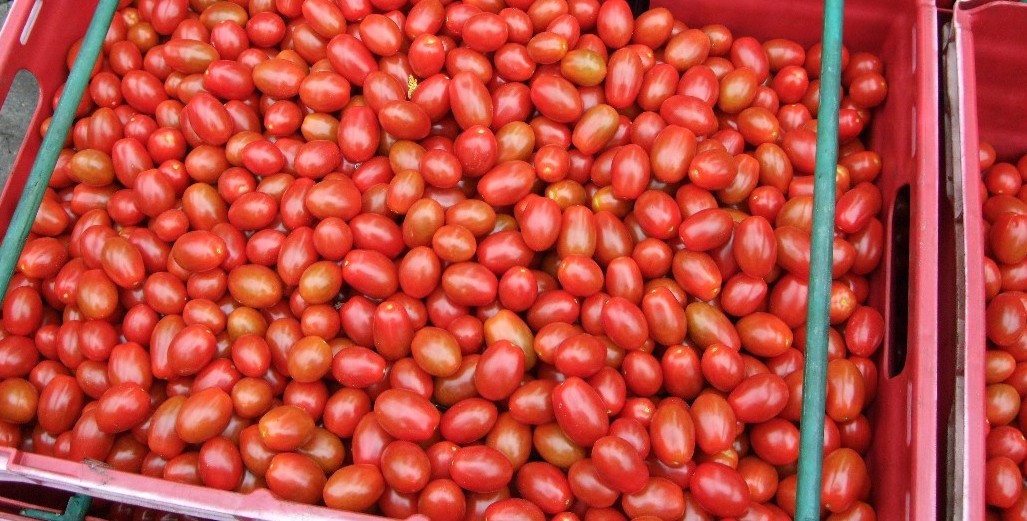
Back to basics
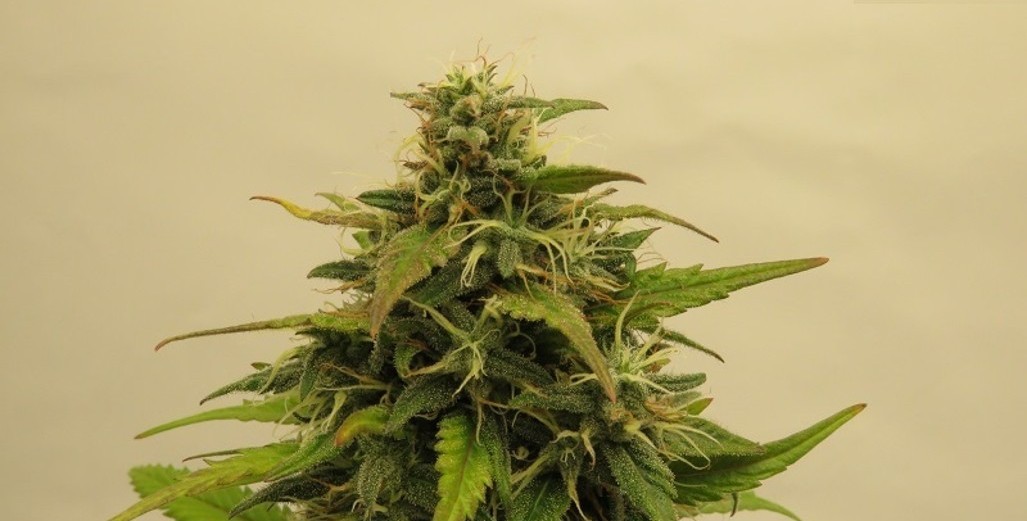
The Future of High-Tech Horticulture, Compounds over Kilos
